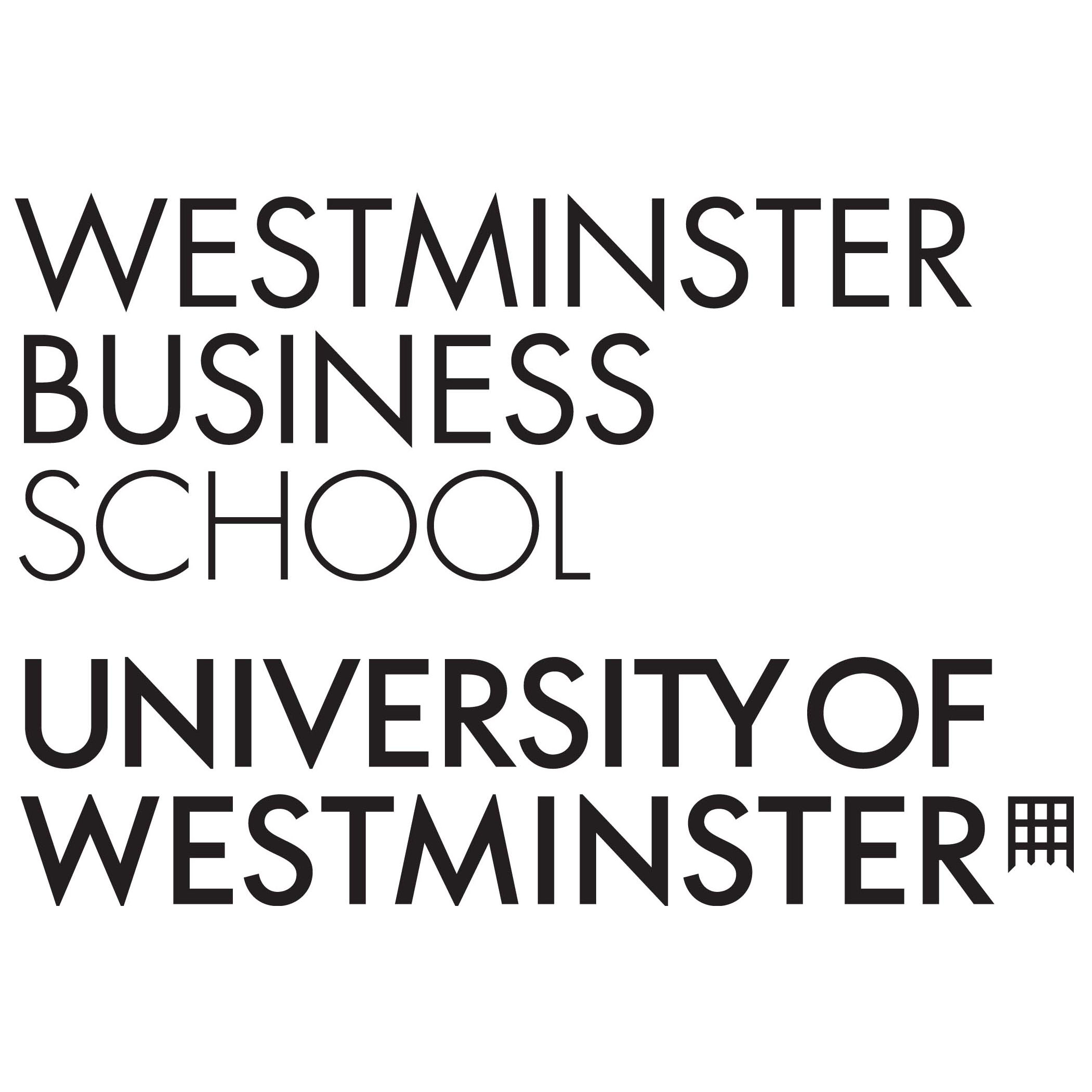Unsustainable consumption as a university student living in London
We have all been familiarised with the unsustainable practices of the fast fashion industry. However, we do not often hear about unsustainable food and what we put into our bodies and the toll it takes on the environment. As a university student who lives alone, I have received many comments about the stereotype of having to eat ‘pot noodles’ all the time because of assumptions such as not having your mum’s cooking, or not knowing how to cook, and not being able to afford anything else. No, this is not a pity party. Yes, I have had to eat pot noodles but that has more to say about our government and the economic crisis we are currently in than it does about me as an individual. When I think of the word ‘sustainability’ automatically I picture the environment, and what it really means is what us humans are doing to the environment; the place we are living in, our homes, and our future. With the rise in the cost of living, we have all had to make certain sacrifices and compromises in order to survive, but how much longer do we have left to live if we have to work to survive? The ability to realise the impact your eating habits are causing to your body and the environment is one step closer to making the earth and your future a much better place. By all means, this is not an attempt at telling you that you are bad person and that others are better, instead I am here to help those who need it see a different perspective of food.
Sustainability is around us everywhere, whether we are doing it intentionally or if it is forced upon us. Undoubtedly, we have seen a huge decrease in the use of single-use plastic, which is demonstrated in our paper straws which sadly become soggy after only a few sips. Furthermore, coffee shops such as Starbucks, encourage customers to bring their own cups when purchasing a drink. Many brands now use recyclable sustainable material for their products and packaging. However, this does also show that we, as consumers, are not being sustainable by choice but because certain brands that we feel loyal to have to provide them. Consumers back in 2020 during the pandemic did lead sustainable lifestyles, such as that of having to shop more local to them, which again shows that it was not their own choice to do so but because it was technically the law for everyone around the world.
The truth about our favourite foods
I have an undeniably bad habit of eating really unhealthily. Being a student and trying to meet all of my assignment deadlines, I prefer having food ready-made and delivered straight to my doorstep. Not to mention the occasional ‘stress-eating’ of snacks and convincing myself that I have deserved a ‘treat’ each time I felt stressed and overwhelmed. The problem is that these foods that I have been consuming are actually considered unsustainable food. They consist of red meat, poultry, farmed fish, shrimp & prawns, rice, sugar, eggs, and cheese. Not only are they harmful to the environment, but also to us humans consuming them. So, if you are wondering what makes food unsustainable, this is the right place for you. I will break it down so that it is easier to read and understand:
Red meat:
Beef is a contributor to deforestation and climate change.
Lamb can ruin natural habitats which also releases very high levels of methane (a greenhouse gas) into the atmosphere.
Poultry:
The farming of chickens, pigs, ducks, and turkeys contribute to deforestation and water pollution. These animals are often fed with processed feeds.
Shrimp farming:
Mangroves are tropical trees that provide protection in cases of extreme natural disasters, like hurricanes, by absorbing storm surge impacts. Now, you may be wondering how shrimp farming and mangroves are linked. Well, the farming of shrimps has not only caused extreme water pollution but also extensive destruction of mangrove trees.
Cheese & Eggs:
Products of ruminant animals contributes to a much higher carbon footprint compared to that of plant-based foods.
Eggs are bad for the environment as they emit high levels of greenhouse gases.
Rice & Sugar:
Both of these products have a negative effect on our climate. A huge amount of methane is produced into the rice fields.
Sugar comes from sugarcanes which need a lot of water. Freshwater ecosystems are then polluted as a result of chemicals from the sugar mill factories. Contaminants are then ‘disposed’ of in the sea affecting the climate.
Moving forward
As I begin my journey of slowly detoxing certain unsustainable foods from my system, I hope to inspire you and others who may be going through the same or similar situations and begin living a sustainable lifestyle. We should cut down on how often we eat non-renewable food sources and begin learning different recipes for plant-based meals. If you feel like you cannot cut anything out, perhaps opt for buying from brands that are sustainable, such as Biona, Rubies in the Rubble, Pip Organic, and Wholly Greens.
Conclusion
In summary, these are all non-renewable resources, meaning that they will run out one day. The more we get used to consuming them and by the time the day comes where we’ve ran out of them, we will end up panicking and not knowing what to actually eat, and thus World War III will start. Furthermore, studies show that around 7.2 million British adults that have gone meat-free. With the rise in veganism in the UK, the population can learn from vegans and follow in their footsteps before it is too late.
